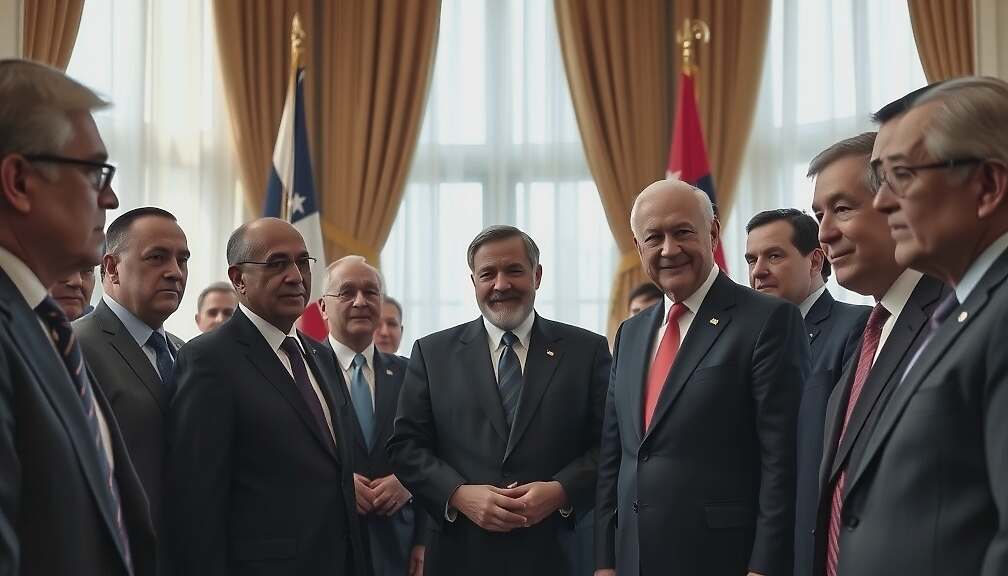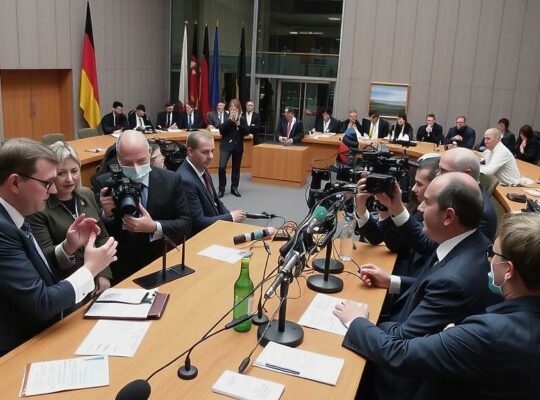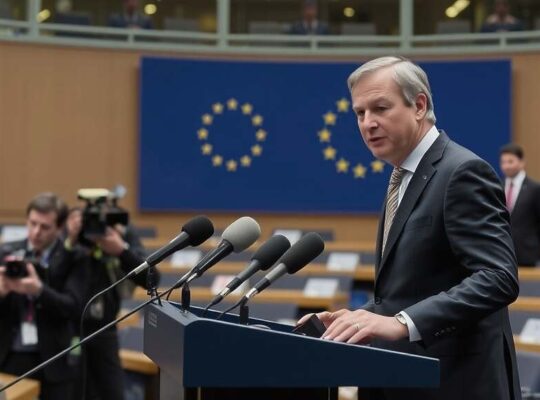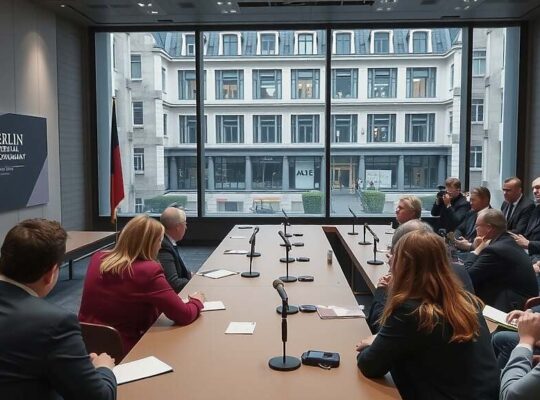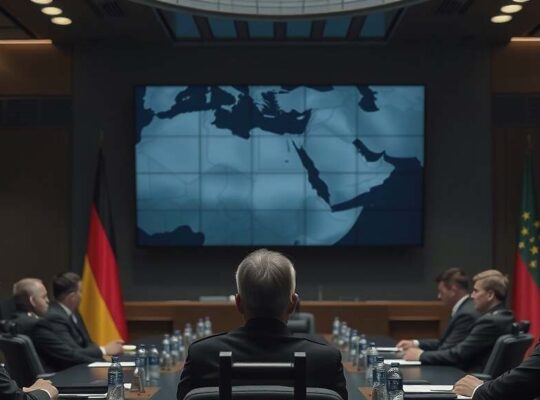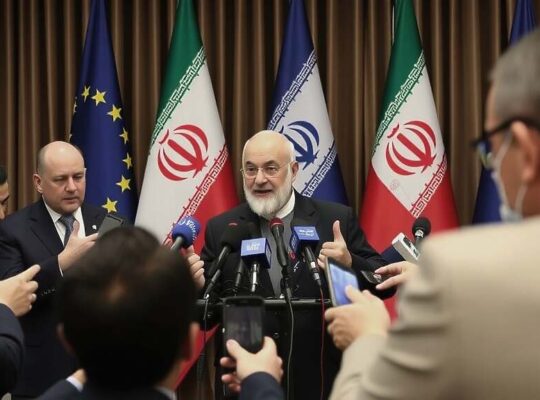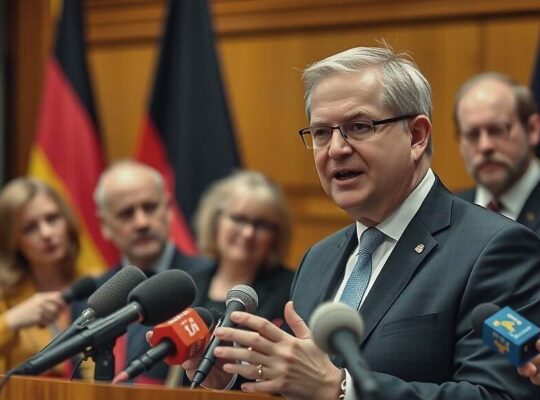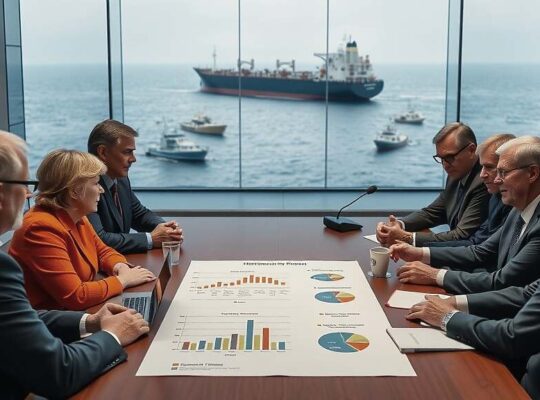The European Union is poised to escalate its response to China’s escalating restrictions on exports of critical raw materials and semiconductors, marking a significant shift in the bloc’s trade policy and signaling growing tensions between Brussels and Beijing. A draft declaration for today’s EU summit, leaked to the Handelsblatt, reveals that EU heads of state and government intend to formally empower the European Commission to consider and implement retaliatory measures against China. Multiple diplomatic sources confirm broad agreement across all 27 member states on this assertive stance.
The move follows warnings from German industry leaders in recent days, who have voiced concerns regarding potential production shutdowns due to the disruptions in supplies. According to the Handelsblatt report, the Chinese restrictions are not limited to strategic materials but now extend to sectors with security implications, intensifying the strategic importance of the issue.
While the European Commission has already begun exploring potential countermeasures, the formal authorization within the summit declaration represents a significant step. EU Commissioner for Economy Valdis Dombrovskis acknowledged the ongoing situation, stating that the commission is “examining possible countermeasures should the conditions not improve”. Despite repeated assurances from Beijing regarding exemptions for European companies, the practical reality remains unchanged, fueling “great concern” within the EU. He refrained from detailing specific instruments that could be deployed.
Several member state governments have proposed activating the EU’s nascent “Instrument for Addressing Coercive Trade Practices” a landmark law designed to combat economic coercion through robust counter-sanctions. The activation of this instrument would signify a considerable escalation, framing China’s actions not merely as trade disputes, but as deliberate acts of economic pressure.
The decision reflects a growing recognition within the EU that a more robust approach is needed to protect European industries and secure vital supply chains. However, it also raises questions about the potential for a broader trade war with China and the potential impact on industries reliant on the Chinese market. The move is likely to be met with strong reactions from Beijing and highlights the increasingly complex and potentially fraught relationship between Europe and its largest trading partner. The focus now shifts to the Commission’s assessment of specific actions and the political maneuvering required to coordinate a unified EU response.


